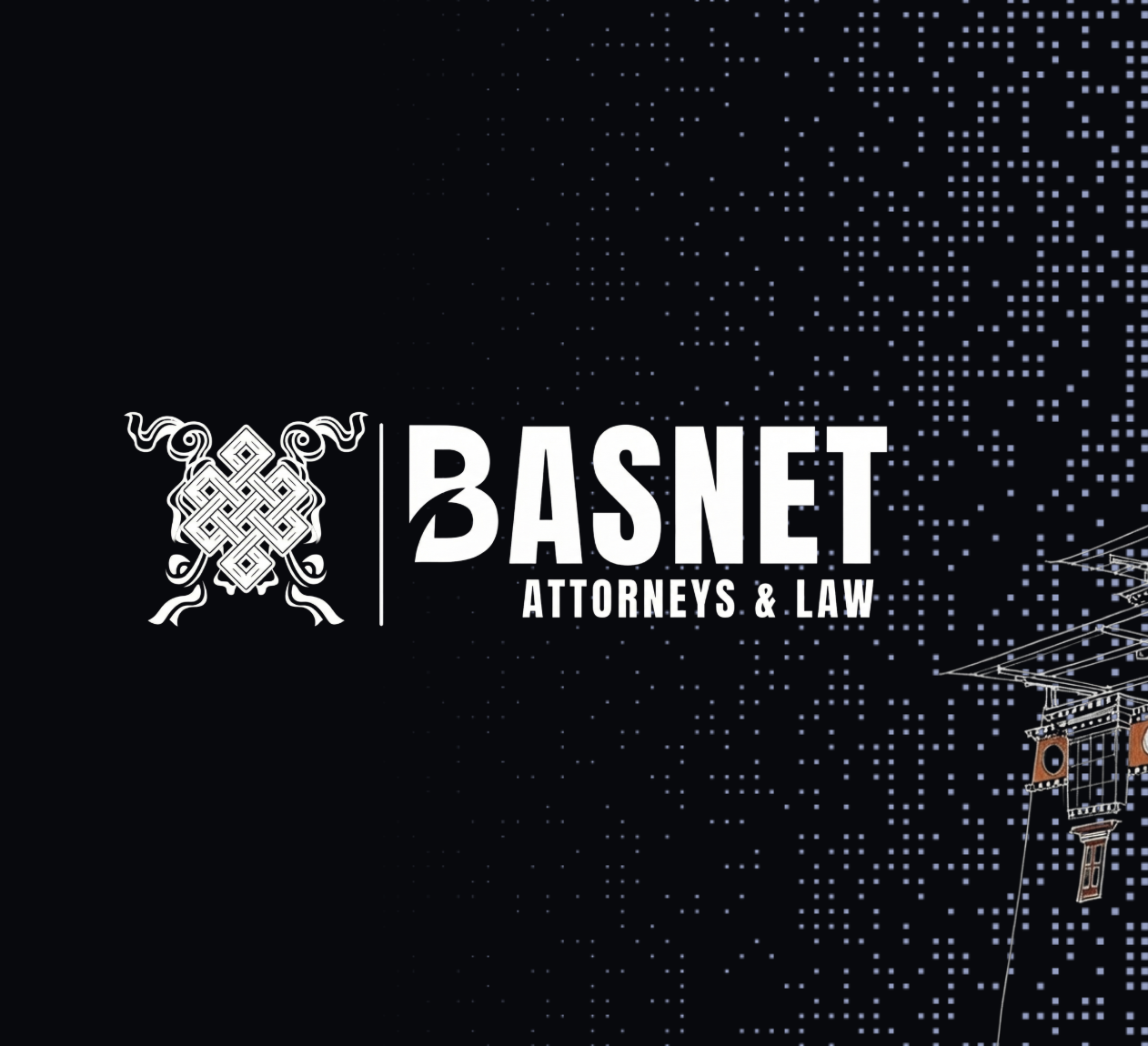Best International Trade Law Lawyers in Bhutan
Share your needs with us, get contacted by law firms.
Free. Takes 2 min.
Or refine your search by selecting a city:
List of the best lawyers in Bhutan

Basnet Attorneys and Law - A Premier law Firm in Bhutan
15 minutes Free ConsultationAbout International Trade Law in Bhutan
International Trade Law in Bhutan encompasses the rules and regulations that govern trade between Bhutan and other countries. It is designed to facilitate smooth trade relationships by adhering to international standards while also protecting Bhutan's domestic interests. The trade law framework in Bhutan is influenced by its membership in regional and global trade organizations such as the World Trade Organization (WTO) and the South Asian Association for Regional Cooperation (SAARC). Bhutan's trade policies are aligned with its developmental goals, focusing on sustainable growth and the improvement of living standards for its citizens.
Why You May Need a Lawyer
Engaging a lawyer specializing in International Trade Law can be crucial in various scenarios, such as:
- Navigating complex trade agreements and regulations.
- Understanding customs procedures and tariffs.
- Managing disputes involving foreign trade partners.
- Ensuring compliance with export-import controls and sanctions.
- Protecting intellectual property rights in cross-border trade.
Legal expertise can help mitigate risks and maximize opportunities in international trade endeavors.
Local Laws Overview
Bhutan’s International Trade Law framework is shaped by the following key aspects:
- The Bhutan Trade Act, which regulates the conduct of trade businesses and sets guidelines for international trade practices.
- Customs Act of Bhutan, outlining the regulations around import and export duties, customs procedures, and compliance checks.
- Intellectual Property laws that protect patents, trademarks, and copyrights, ensuring that Bhutan's trade products and innovations are secure on the international stage.
- Environmental laws that demand sustainable trade practices reflecting Bhutan's commitment to preservation and sustainability.
These laws ensure fair trade practices while sustaining Bhutan's economic interests and environmental regulations.
Frequently Asked Questions
What organizations are key to international trade in Bhutan?
The Department of Trade under the Ministry of Economic Affairs, SAARC, and the WTO play significant roles in Bhutan's international trade landscape.
What are Bhutan’s main export products?
Bhutan primarily exports hydropower, minerals, and agricultural products, including cardamom, fruits, and handicrafts.
How does Bhutan ensure compliance with international trade standards?
Bhutan aligns its trade laws with international standards through laws like the Bhutan Trade Act and active participation in WTO agreements.
What is Bhutan's stance on environmental sustainability in trade?
Bhutan enforces strict environmental laws to ensure that trade practices are sustainable, reflecting its commitment to being carbon-neutral and environment-friendly.
What role does the Department of Trade play?
The Department of Trade formulates trade policies, promotes exports, and facilitates trade by creating agreements with international partners.
Is legal representation necessary for trade disputes?
While not mandatory, legal representation is highly recommended to navigate the complexities and nuances of trade disputes effectively.
Are there any specific compliance procedures for exporters?
Yes, exporters must comply with customs documentation, product standards, and specific regulations outlined by the Department of Trade and the Customs Act.
How does Bhutan engage with regional trade organizations?
Bhutan actively participates in SAARC to enhance regional trade cooperation and advance economic integration in South Asia.
What taxes are associated with international trade in Bhutan?
Taxes include import duties, export tariffs, and value-added tax on specific goods and services, as regulated by the Customs Act of Bhutan.
Can foreign nationals establish trade businesses in Bhutan?
Foreign nationals can establish trade businesses in Bhutan following specific requirements and guidelines laid out by Bhutan's economic policies.
Additional Resources
For further assistance and information on International Trade Law in Bhutan, consider the following resources:
- Department of Trade, Ministry of Economic Affairs
- Bhutan Chamber of Commerce & Industry
- Bhutan Standards Bureau
- World Trade Organization (WTO) resources specific to Bhutan
- South Asian Association for Regional Cooperation (SAARC) insights
Next Steps
If you are seeking legal assistance in International Trade Law in Bhutan, follow these steps:
- Identify your specific legal needs and objectives related to international trade.
- Research and find a reputable law firm or attorney specializing in International Trade Law.
- Schedule a consultation to discuss your case and explore legal strategies.
- Ensure the attorney or firm is well-versed in local and international trade laws.
- Prepare necessary documentation and information relevant to your trade activities.
By taking these steps, you'll be better prepared to navigate the complexities of International Trade Law in Bhutan.
Lawzana helps you find the best lawyers and law firms in Bhutan through a curated and pre-screened list of qualified legal professionals. Our platform offers rankings and detailed profiles of attorneys and law firms, allowing you to compare based on practice areas, including International Trade Law, experience, and client feedback.
Each profile includes a description of the firm's areas of practice, client reviews, team members and partners, year of establishment, spoken languages, office locations, contact information, social media presence, and any published articles or resources. Most firms on our platform speak English and are experienced in both local and international legal matters.
Get a quote from top-rated law firms in Bhutan — quickly, securely, and without unnecessary hassle.
Disclaimer:
The information provided on this page is for general informational purposes only and does not constitute legal advice. While we strive to ensure the accuracy and relevance of the content, legal information may change over time, and interpretations of the law can vary. You should always consult with a qualified legal professional for advice specific to your situation.
We disclaim all liability for actions taken or not taken based on the content of this page. If you believe any information is incorrect or outdated, please contact us, and we will review and update it where appropriate.
Browse international trade law law firms by city in Bhutan
Refine your search by selecting a city.









